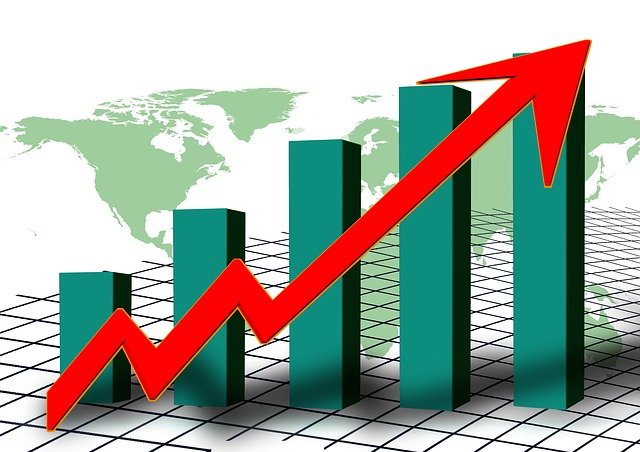Strategy Trading
Strategy trading, also known as systematic or algorithmic trading, involves using predefined sets of rules and algorithms to make trading decisions. Instead of relying on human intuition or discretionary judgment, strategy trading relies on computer programs to analyze market data, identify trading opportunities, and execute orders automatically. The goal is to remove emotional and impulsive decision-making from the trading process and to apply a systematic approach based on quantitative analysis.
Key Aspects of Strategy Trading
Algorithm Development: Traders or quantitative analysts develop algorithms, which are sets of rules and criteria, to make trading decisions. These algorithms are based on various factors such as technical indicators, statistical models, mathematical formulas, or a combination of these.
Backtesting: Before starting a trading strategy in a live market, it is essential to backtest it using historical data. This involves running the algorithm on past market data to assess how it would have performed in different market conditions. Backtesting helps refine and optimize the strategy.
Automation: Once a strategy is developed and tested, it can be automated to execute trades automatically when specific conditions are met. Automated trading systems can react to market changes much faster than human traders and can operate 24/7.
Risk Management: Effective risk management is crucial in strategy trading. Algorithms often include risk controls to limit the size of trades, set stop-loss orders, and manage overall portfolio risk. This helps protect against large losses during adverse market conditions.
Market Data Analysis: Strategy trading relies heavily on the analysis of market data. This can include price movements, trading volumes, order book data, and other relevant information. Traders may use a variety of tools and techniques to extract meaningful signals from the data.
High-Frequency Trading (HFT): Some strategy trading approaches, known as high-frequency trading, involve executing a large number of orders at extremely high speeds. HFT strategies often exploit small price inefficiencies and take advantage of fleeting market opportunities.
Strategy trading is prevalent in various financial markets, including stocks, bonds, commodities and cryptocurrencies. It is used by institutional investors, hedge funds, and individual traders seeking to implement a disciplined and systematic approach to trading. Remember that while strategy trading can offer advantages such as increased speed and efficiency, it also comes with risks, and successful implementation requires careful planning and ongoing monitoring.
People are searching for subjects such as: strategy trading, trading systems, electronic trading, forex web trading, online stock trading, web trading platform, algorithmic trading, automated trading strategies, quantitative trading, systematic trading, trading algorithms, strategies, risk management in trading, high-frequency trading (HFT), technical analysis strategies, mean-reversion strategies, trend following strategies, market data analysis, options trading strategies, machine learning in trading, algorithmic trading platforms, trading signals




